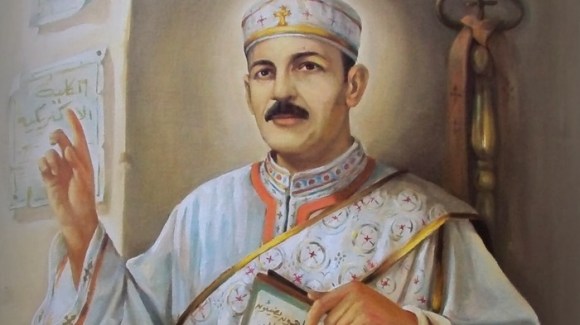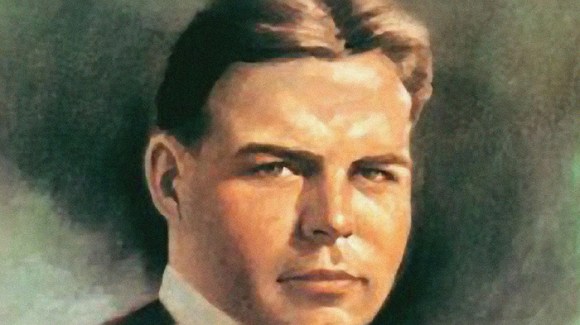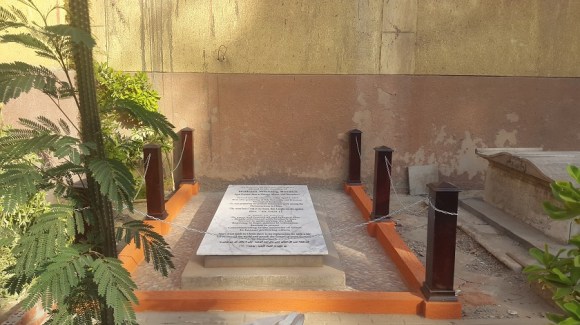
This article was first published at Christianity Today on June 19, 2018.
My wife had just dropped off our kids at the local Coptic Orthodox Church we attend in Cairo and sat down with her Egyptian friend at the adjacent church-owned cafe. After initial pleasantries, she spoke of this current article I was then researching.
“Oh, do Americans have Sunday School also?” inquired the mother. “I never knew.”
My wife and I have lived in Egypt for nearly nine years and consider ourselves of evangelical faith. But we wish also to learn about ancient Christianity and, to the degree possible, worship within the Coptic Orthodox Church, which many Protestants here respectfully call “the mother church.”
We have been impressed by their biblical fluency. We have marveled at their forgiveness after martyrdom. But to entrust our own children to them?
We have been blown away by their care for the next generation. It takes two years of training to even teach a kindergartener.
It was not always so, and they have the Americans to thank—sort of.
This article is about Habib Girgis, the recently canonized Coptic saint who doubled as a humble educator. This past month the Coptic Orthodox Church celebrated the 100th anniversary of what he set in motion: the Sunday School Movement.
Girgis lamented the situation of his time, when Western missionaries were making inroads among the Copts.
But then again, they left fallow their own fields:
“Is there among us anyone who is capable of responding to those who ask him about his religion and why he is a Christian?” Girgis asked in a student lecture four years later.
“I am sure that most of us do not have an answer, except to say that we were born from Christian parents and hence we are Christians.”
Please read the article to see how Girgis sparked the solution, but spark it he did. Today the Coptic Church is among the most devout in the world. Here is testimony from one of Girgis’ disciples, who carried forward his teacher’s reforms once he reached the highest levels of the church:
Looking backward eight decades, the beloved Pope Shenouda III, known as “the teacher of generations,” described the solution with primordial imagery.
“Our teacher … started his life in an age that was almost void of religious education and knowledge,” said the patriarch, who died in 2012.
“Then, God said, ‘Let there be light,’ and there was light. And the light was Habib Girgis.”
Please click here to read the full article at Christianity Today.
And if you are interested in an earlier post, excerpting a book review on Habib Girgis, please click here.



